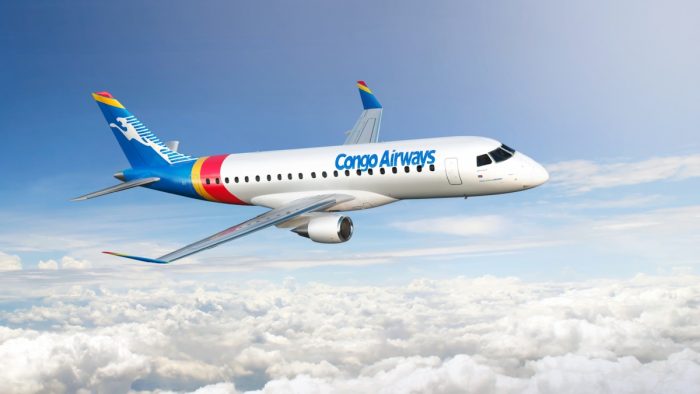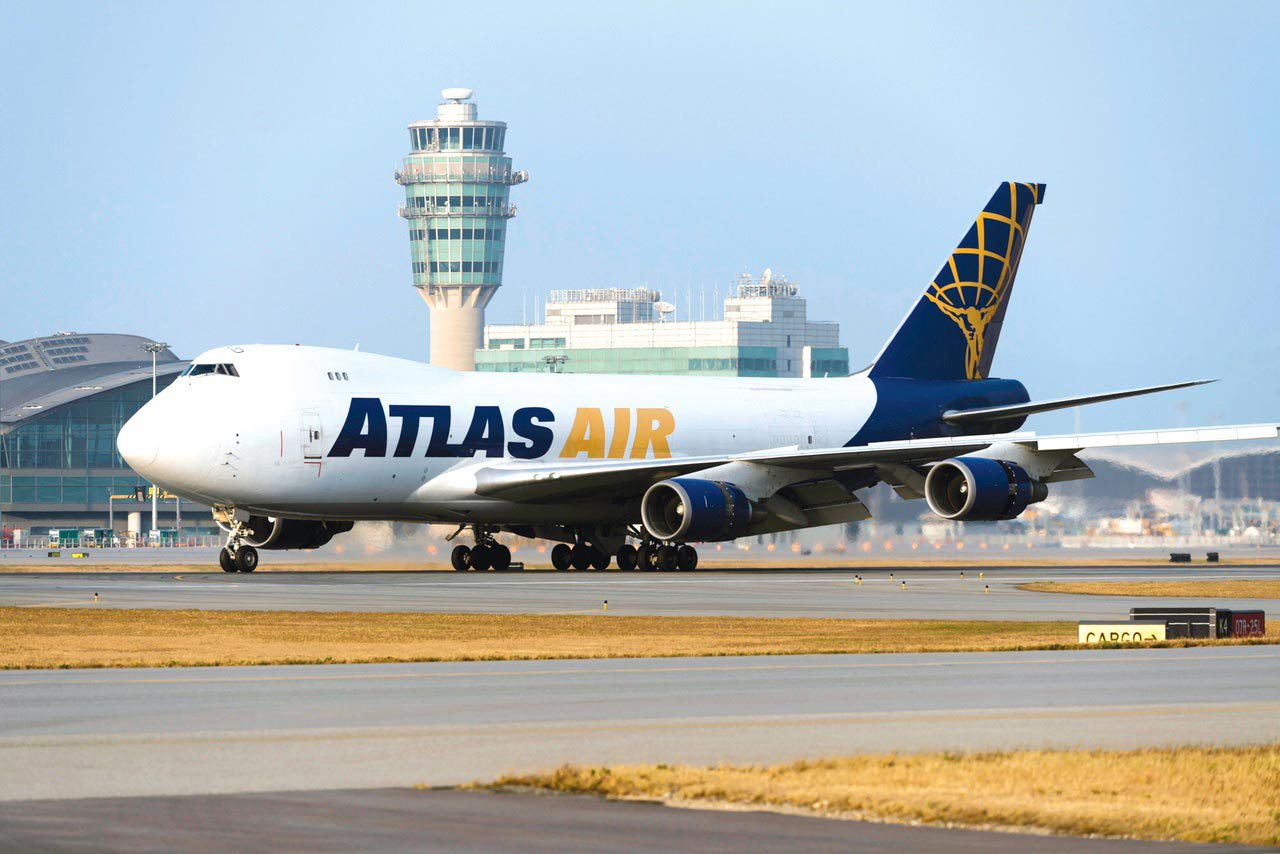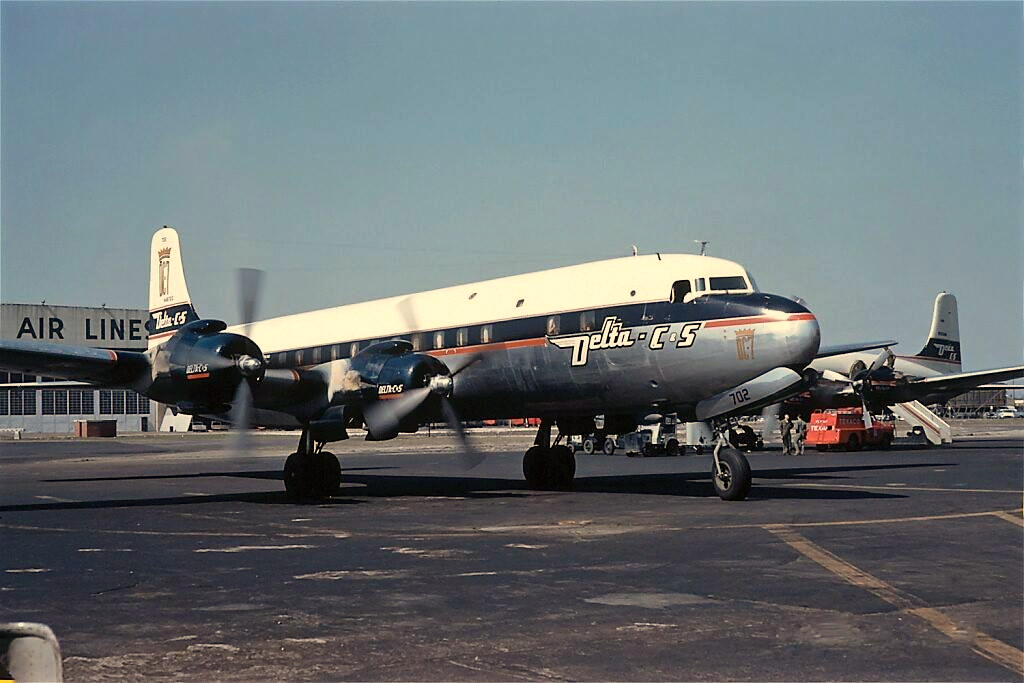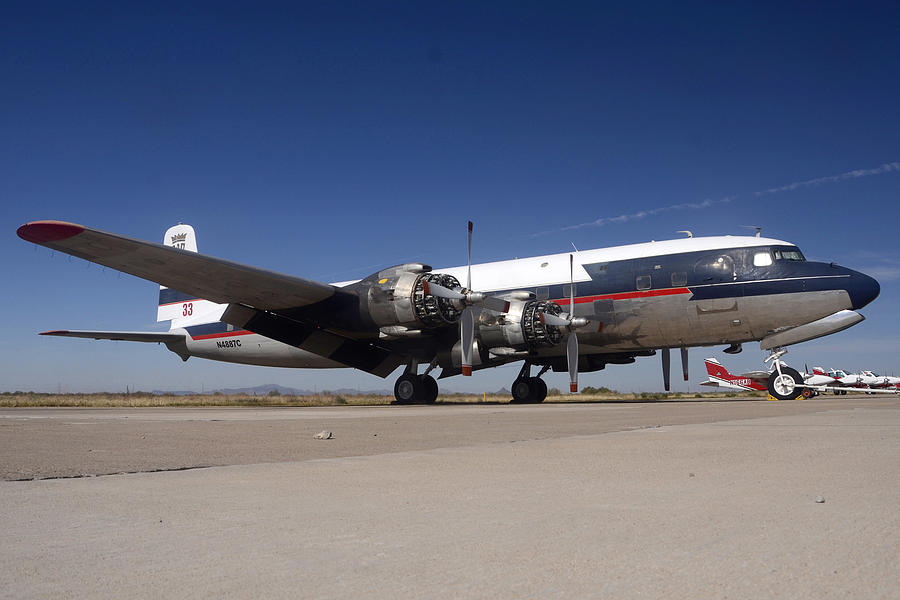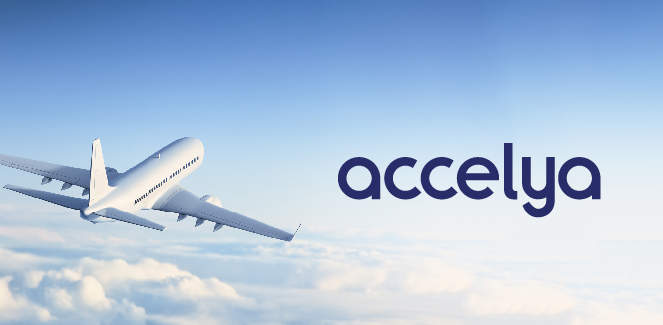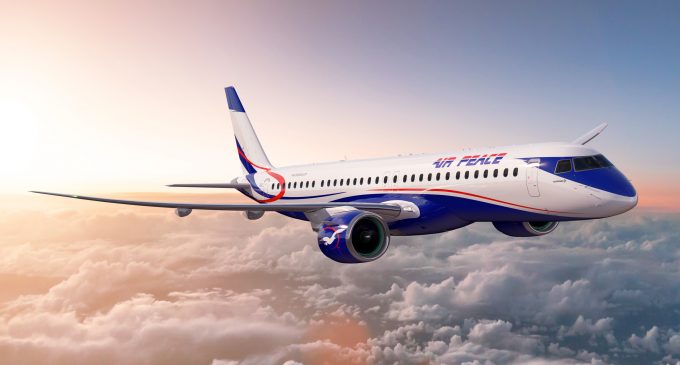
WASHINGTON (Reuters) – Boeing Co <BA> has decided not to compete as a prime contractor to replace the Pentagon’s aging U.S.-based Minuteman III missile system, paving the way for Northrop Grumman Corp <NOC> to win a contract worth tens of billions of dollars.
Friday marked the deadline to submit proposals to continue work on the replacement of the nearly half-century-old intercontinental ballistic missile (ICBM) system as the military embarks on a costly modernization of its aging atomic weapons.
Boeing said in a statement that it was disappointed it was unable to submit a bid. Northrop said it had submitted its proposal. No other bidders were expected.
Boeing’s decision not to enter a bid as a prime contractor had been foreshadowed this summer in a letter from the chief executive of Boeing Defense Space and Security, Leanne Caret, to Air Force leadership, saying Northrop’s 2018 purchase of solid rocket motor maker Orbital ATK might make it difficult for Boeing to compete on cost.
Orbital is the top producer of the solid fuel rocket motors generally used in Minuteman III and similar missiles.
Upgrading the U.S. nuclear force was expected to cost more than $350 billion over the next decade as the United States works to replace its bombs, nuclear bombers, missiles and submarines. Some analysts estimated the cost of modernization at $1 trillion over 30 years.
The Pentagon’s Cost Assessment and Program Evaluation office has said the total cost to replace Minuteman III could top U.S. $85 billion.
In 2017, the Air Force awarded https://www.reuters.com/article/us-boeing-pentagon-gbsd/u-s-air-force-awards-contracts-to-boeing-northrop-for-icbm-replacement-idUSKCN1B12H3 Boeing and Northrop Grumman separate contracts for the early engineering phase of the program.
(Reporting by Mike Stone; editing by Jonathan Oatis, Rosalba O’Brien and Richard Chang)

